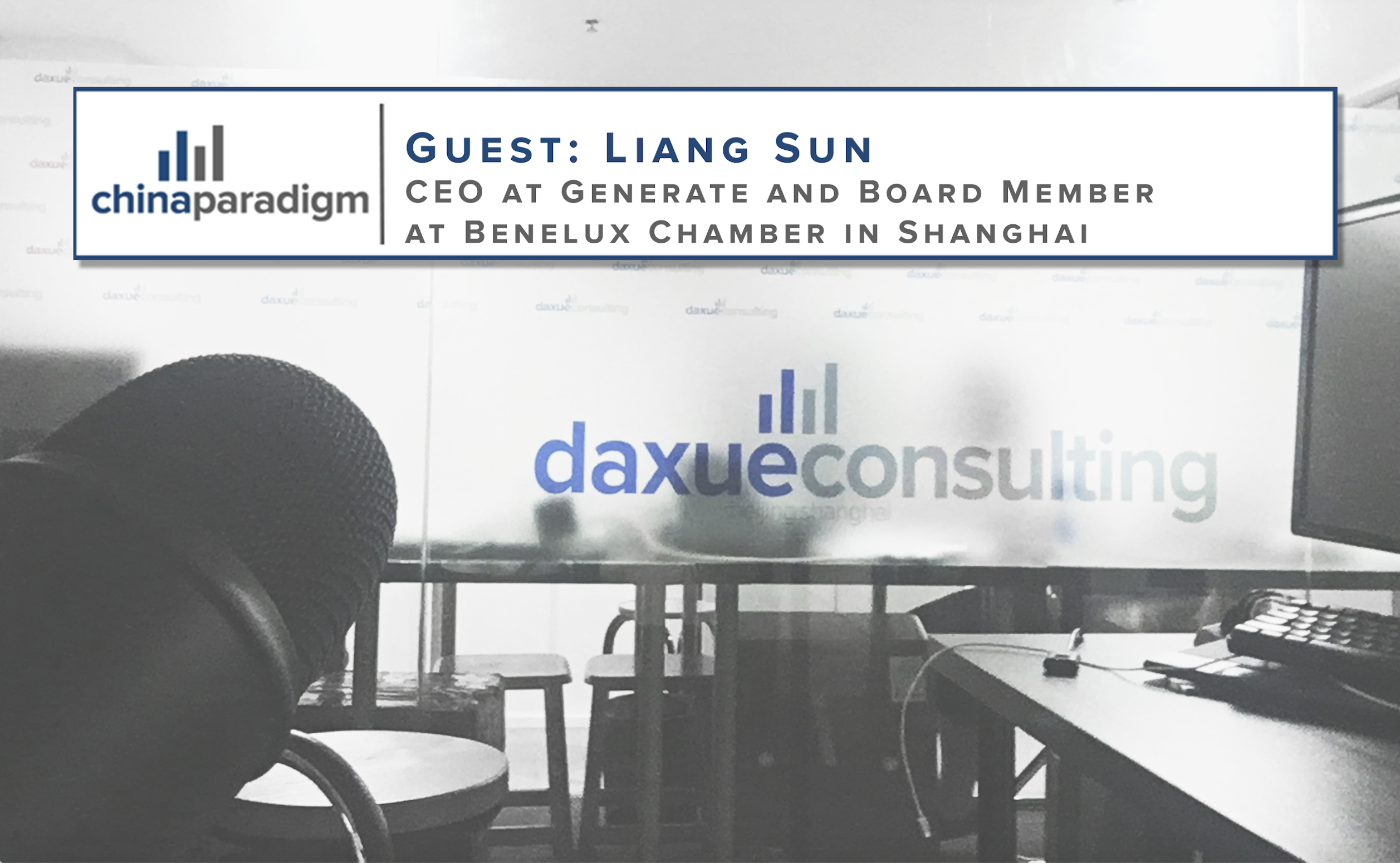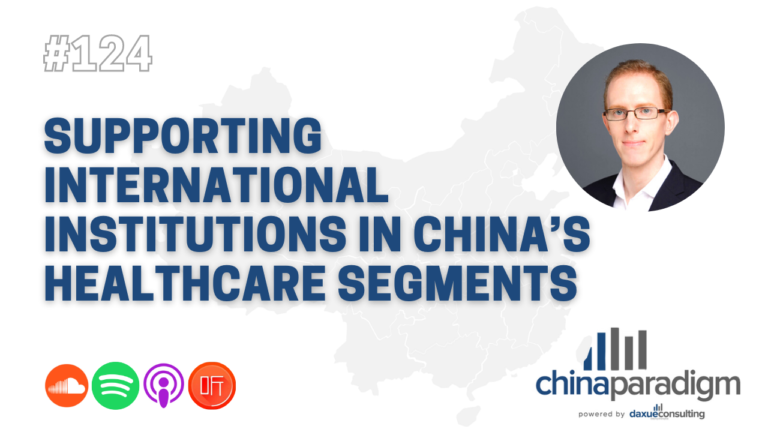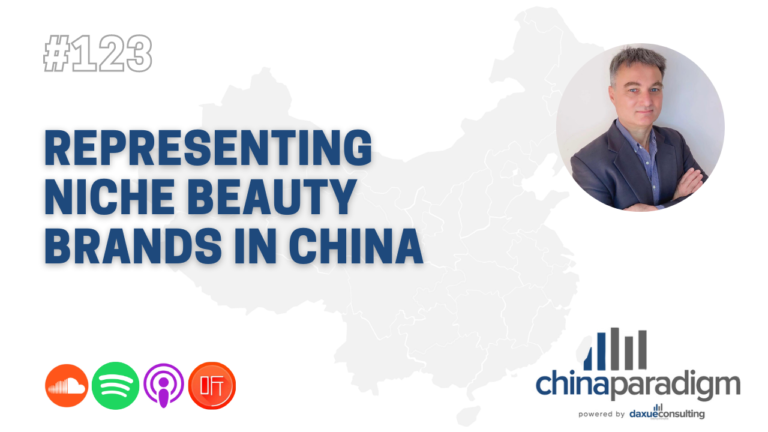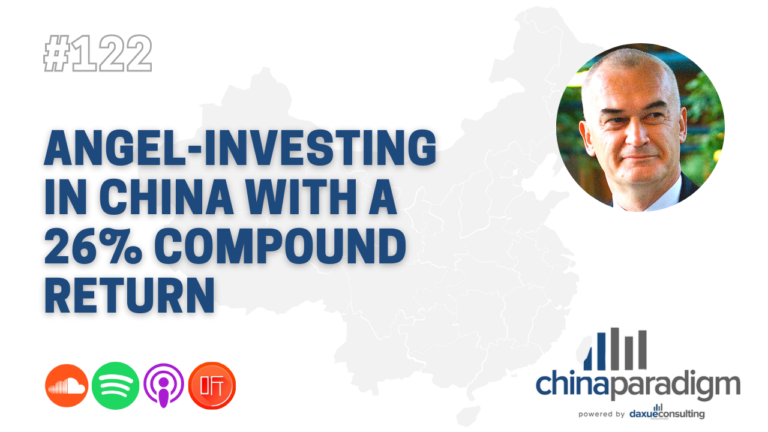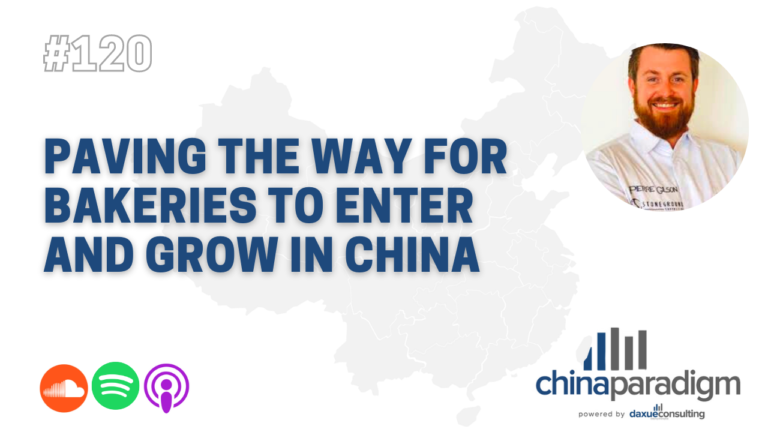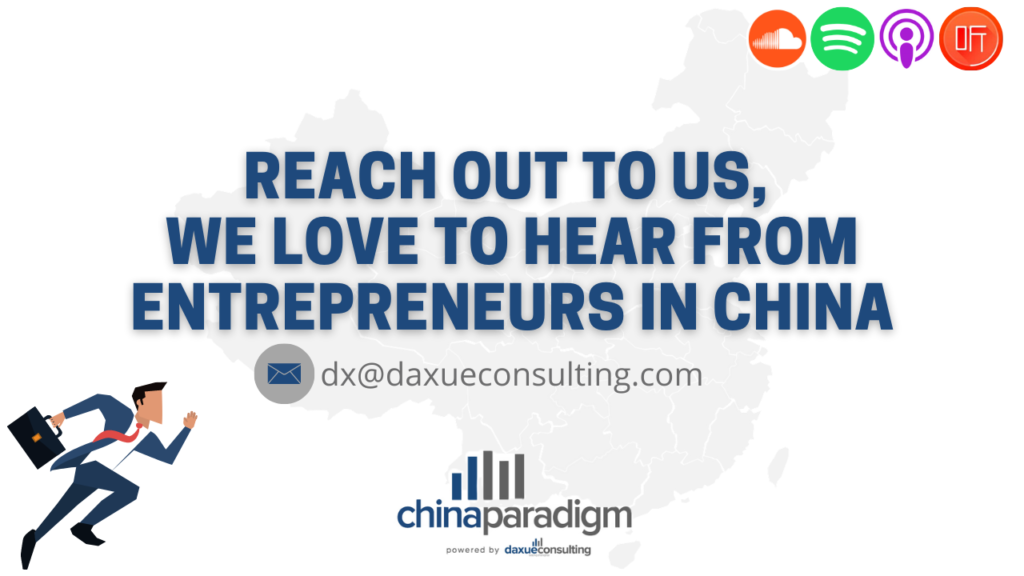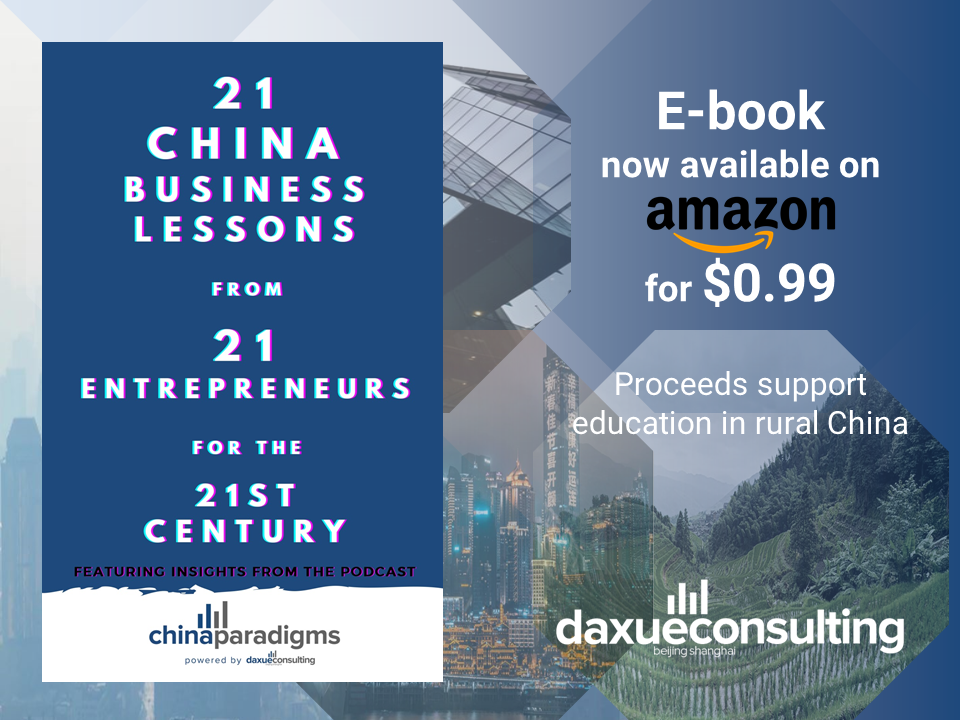China Paradigm interviewed Liang Sun, an experienced businessman and founder of a B2B sales and marketing service in China, Generate. He discusses how he manages his network of independent salespeople as a consultancy for European companies across various sectors.
As the world’s second-largest economy, China becomes an increasingly attractive market for European companies. However, it could be difficult for Western companies to keep up with Chinese counterparts especially with trade barriers and restrictions. According to a 2019 survey by the European Chamber of Commerce in China, 53% of respondents said operations in China had become more difficult, compared to 48% who said the same the previous year. Another consideration before entering the Chinese market is cultural differences. Continue reading to learn how guanxi constitutes a major part of doing business in China unlike Europe and how Liang Sun’s services comes into play.
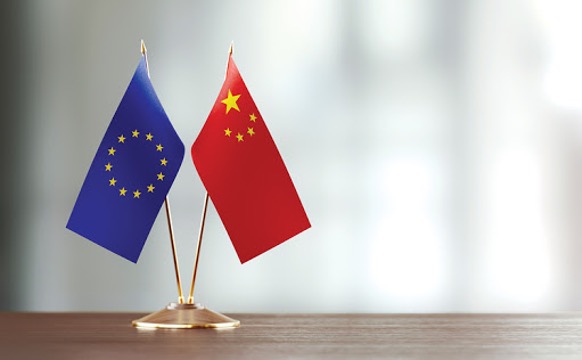
Serving European companies with sales in China: how it all started
They are not like mainstream staffing firms and traditional recruiters. They are not an agency focusing on digital marketing strategies. Instead, they are exclusively B2B sales-focused and possess expertise in the workforce (see how this differs from a C2C model). Liang Sun was fortunate to have met a mentor who told him to work with sales agents and to let them get on with their projects without telling them too much. Therefore, he started this model with Generate; they believed in partnerships where they share referrals and maintain transparency while working in teams.
Definition of success for the B2B sales and marketing service in China
Generate has an intriguing business model where they have a private network of salespeople built upon trust. In a nutshell, the first step is sales navigation, a program intended for foreign companies wanting to test the Chinese market before setting up operation, then they go into recruiting salespeople in China, followed by outsourcing and managing sales.
According to Liang Sun, he considers the company successful if the client wishes to leave them within 24 to 36 months, meaning that they have succeeded in helping their customer enter the China market and establish a solid footprint. He adds that his customers often return for all sorts of support due to trust.
Recruiting salespeople in China: An artwork that leads to a network
Liang Sun believes sales is a process that can be divided into three aspects: lead generation, sales follow-up, and deal closing, which is where guanxi and network comes into play. As a company only recruiting sales people, Generate believes only a salesperson can understand what constitutes as a good sales person.
Chinese society is organized around guanxi circles, which people value greatly. Guanxi refers to one’s set of social relationships, ties, or networks that can be leveraged for personal or professional purposes. In China, the business practice is that people own networks, and guanxi is a core foundation in doing business. While Chinese society is collectivistic, the western and individualistic society puts less emphasis on guanxi when conducting business. Liang Sun’s firm, specialized in B2B sales and marketing service in China, exists to bridge this gap: they are localized with operations and in compliance with the European and American anti-corruption act. This gives their clients the comfort they need with their European principles and production (read more on guanxi in marketing luxury sports).
‘We told them that there is a market opportunity in China and our European clients may become our clients again, but not for export into China, but for buying from China. It is all about relationship and trust and product and the money flow and good flow from an operational level. The network is built upon trust.‘
Boothing at exhibitions is not an effective strategy for B2B companies
When asked about Liang Sun’s opinions on exhibitions for clients, he simply doesn’t believe in them. While exhibitions can be a good experience for European companies to see how their industry looks like China through talking to people, he thinks operating a booth would be an unnecessary cost. Instead, a much more efficient method is that his team, which primarily provides B2B sales and marketing services in China, would walk around the exhibition and engage in conversations with other participants to discuss their products and seek feedback from them.
‘The follow-up after the exhibition is more important than the exhibition experience itself because when they are back in Europe, how are they going to follow through with the process, given the different language, the different time zone, and the different response time expectations.‘
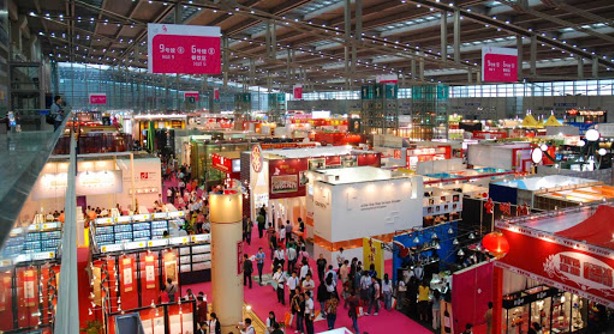
Related reading: How to conduct brand advertising for B2B business in China
Listen to this episode here:

